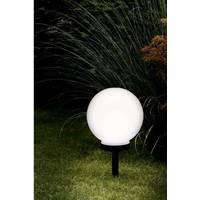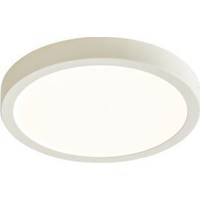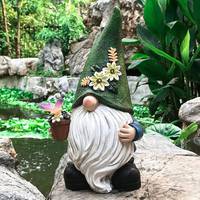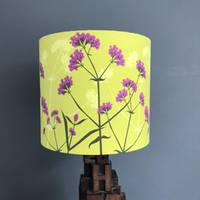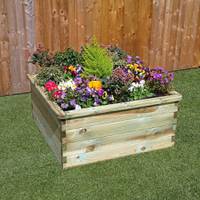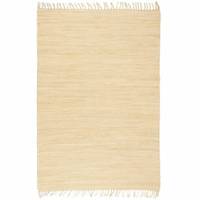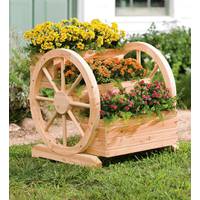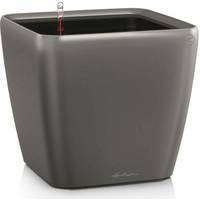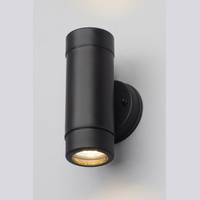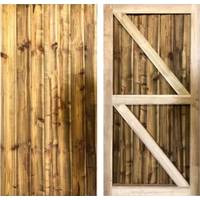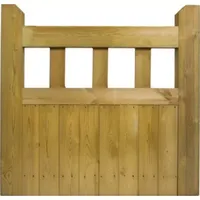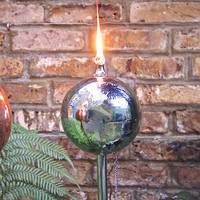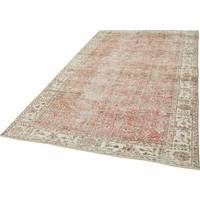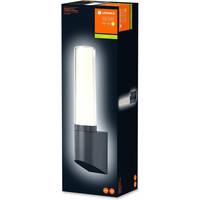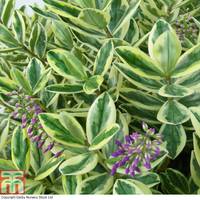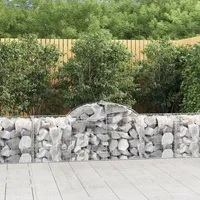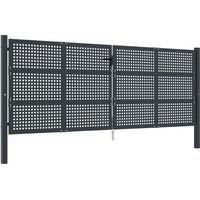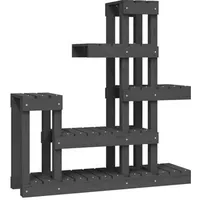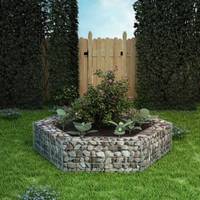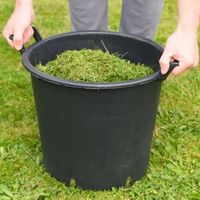YouGarden Hardy Gerbera 'Garvinea' Collection
Description
The world's first Hardy Gerbera in a range of bright, zingy neon colours, the Garvinea series was originally launched to great acclaim across Europe. Bringing the popular florists' gerbera flowers to a garden perennial, they give an amazing 7 months of colour from spring to autumn every year - not many plants can do that. Well, now they have got even better. The breeders in Holland who created them have developed an improved series with much bigger flowers, and even longer lasting performance. called the 'Sweet Series', we are delighted to be able to bring you some of the limited stock. Retaining the same benefits of being winter hardy to around -8°C (although avoid severe winter wet), and flowering for 3 seasons of colour, their highly distinctive flowers simply keep coming - up to 50 on a 2-year-old plant. We love them in traditional terracotta pots, in the sun, or grown in well-drained borders at the front, where they will amaze you with their persistence of flowering and sheer flower number. In winter they are herbaceous, so die back completely underground, to emerge bigger and better next year. You will get one plant each about to flower of: 'Sweet Glow' - deep warm orange'Sweet Smile' - warm honey yellow'Sweet Spice' - bright magenta purple Features and Benefits Amazing new breeding breakthrough, these large-flowered Gerberas are winter hardy in your garden Hardy Gerbera 'Garvinea' Collection x 3 New 'Sweet' series have bigger and bolder blooms - up to 15cm across - can be used as cut flowers You will get one each of 3 colours - pink, orange and golden yellow Specifications Supplied as established plants in 7cm pots Dormant in winter, so no leaves showing Oct-April Availability: March to July Planting time: April to July Flowering time: April to October Model Number: 560047 Top Tips Plant in full sun and protected from cold winds. Care Information Garvineas prefer fertile, well-drained, moist soil that has been dug deeply. Individually knock out each plant from its container. Look at the roots - if they are circling around the compost, it is best to tease them out. To do this, push your fingers into the rootball along the bottom edge and pull. Do this in a couple of places. This should encourage the roots to spread into the surrounding soil. Next use a trowel or spade to create a hole just deep and wide enough to set in the rootball. When planting set the crowns slightly above the soil level then firm back around the soil, using your hand for small clumps and your heel on larger areas. Water in well to settle the soil and prevent drying out.
You may also like
loading
Discover more









































